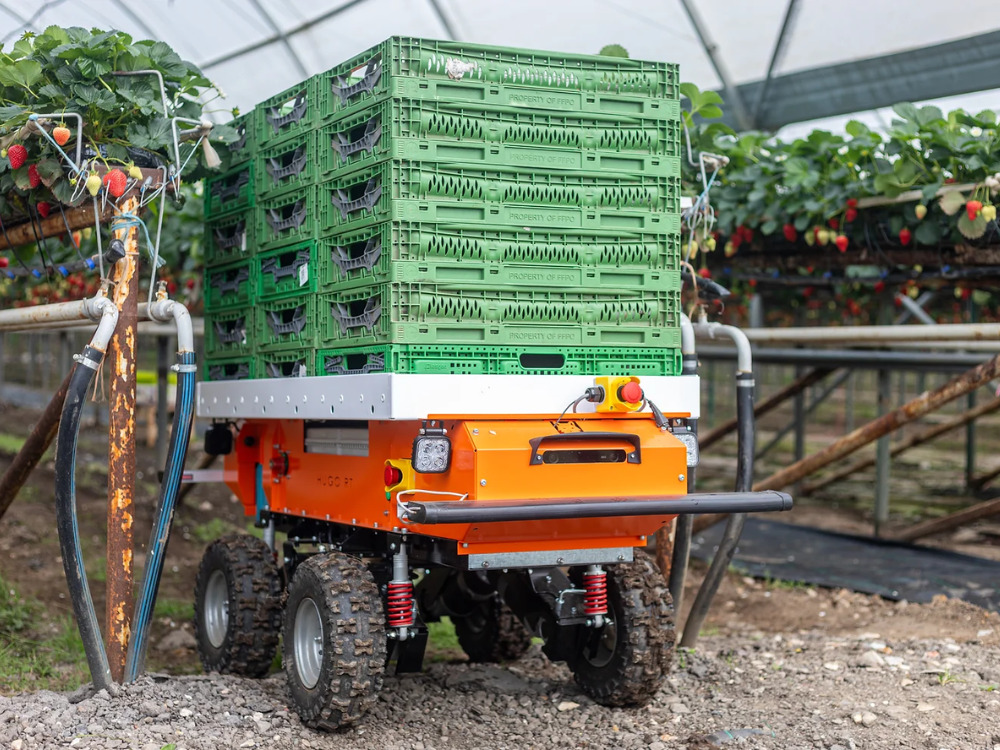Virgin Money, the UK-based digital financial services provider under Virgin Group, has launched a £200 million ($251 million) Agri E Fund, the first of its kind dedicated to supporting UK farmers with green loans.
- Loans it disburses should target “emissions-reducing initiatives” like energy efficiency or activities that reduce greenhouse gas (GHG) emissions
- These loans will come with 0% arrangement fees
- To access the loans, farmers must have completed carbon audits and borrow over £50,000 ($62,785)
The move follows Virgin Money’s pledge to be ‘net zero’ in all projects it finances by 2050.
Reaching net zero
The National Farmers’ Union of England (NFU) is set on achieving net-zero GHG emissions by 2040. Farming contributes around 10% of the UK’s total carbon emissions (globally, that leaps to 19-29%, according to the World Bank.)
“Part of the UK’s balanced pathway to net zero requires things like the adoption of low carbon farming practices, changes in buying behaviours and re-use of land,” Brian Richardson, head of agriculture at Virgin Money, said in a statement.
“Virgin Money’s Agri E Fund recognizes this and will help farmers reduce their emissions, becoming more efficient and ready to meet the requirements of subsidy schemes and supply chains.”
Alongside the Agri E Fund, Virgin Money has partnered with Carbon Metrics, an agricultural and environmental consultancy which helps rural businesses understand emissions management and auditing more easily, to produce an Agriculture Net Zero Report.
The report will help farmers understand the background to climate change, what it means for the industry, and how they can start to adapt their businesses to meet the challenge.
Demand for sustainability focused products
In February 2022, Virgin Money conducted a survey of 297 of its customers in the agriculture sector; 72% of respondents said they wanted to see specialist banking products tailored towards sustainability, and 82% said that reducing climate emissions was important to improving their sustainability.
The survey also revealed that the marketplace is helping to drive the pace of change, with almost a quarter (22%) of farming businesses saying they had been asked by their own customers to provide evidence of their actions to reduce carbon emissions. Additionally, only 35% of farming businesses have completed a carbon audit.
“Farmers need to be proactive in adjusting their businesses to a low carbon future. While many farmers are working towards their net zero targets, we know from our research that there are many who know what they’ve got to do, they just aren’t sure how to go about it,” Richardson said.
“By providing lower-cost finance, our new Agri E Fund is providing targeted support to help agribusinesses make the transition and enable investment in reducing and capturing carbon emissions.”
Source link
Author Lucy Ngige





